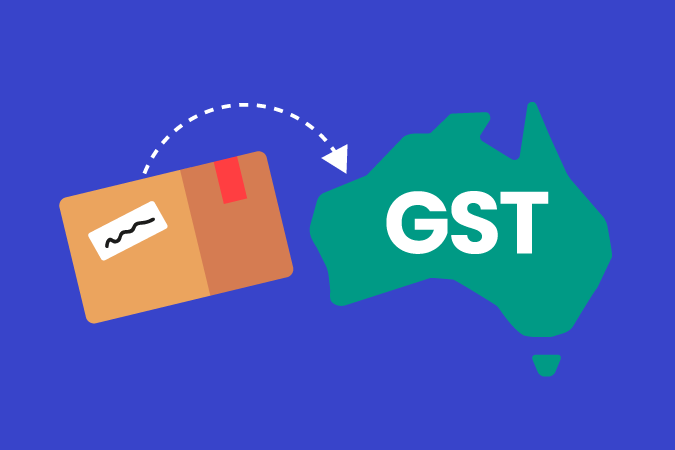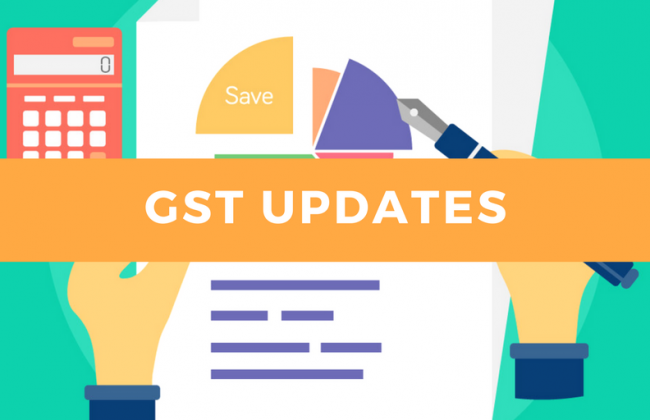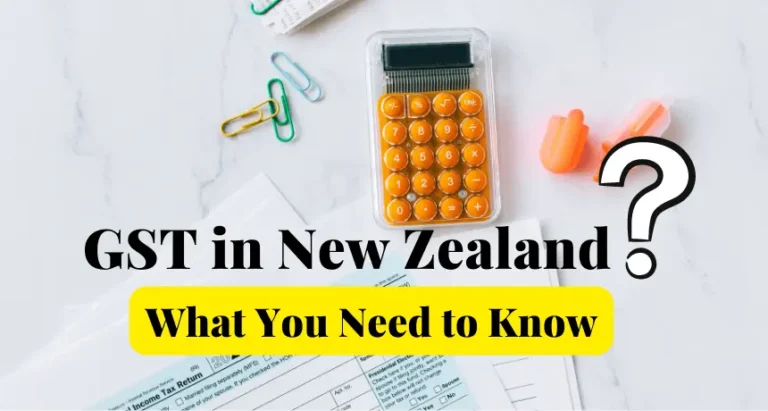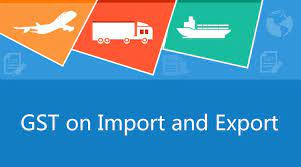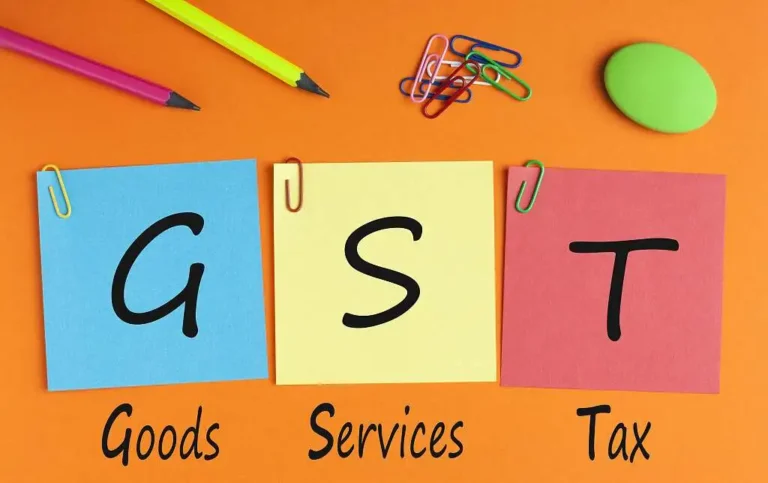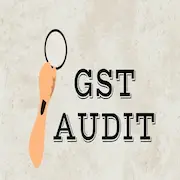Are you a freelancer in NZ, or work as a contractor, sole trader, or self-employed? If your
work falls under any of these categories then you must know how to register for the Goods
and Service Tax (GST) in NZ, the rules that specifically apply to the type of business and
the income you generate, and how to comply with GST on Freelancer.
Register for GST and GST Returns in NZ as a
Freelancer, Self-employed, or Sole Trader
Goods and Services Tax (GST) is the 15% tax applicable on taxable activities that yield or
are expected to cross a yearly income of $60,000 and above. Any business entity and individual that crosses this threshold of income must register for GST in New Zealand. Whereas people and businesses with income less than $60,000 can decide for themselves if they would want to register forGST on Freelancer.
The process is simple, at the Inland Revenue Department (ird) all you need to do is provide some basic details about your business and enter the Business Industry Classification (BIC) code that can be found here. Once you enter the required details, you will get an IRD number or GST number that you can use when you are filing GST returns.

The process GST on Freelancer registration is simple, you can do it yourself or your tax agent can do it
for your business at the IRD website. While registering for GST you need to select how you
will file for GST returns i.e., on the basis of invoices or payments or use both. The other aspect is to decide how often you will file goods and services tax i.e., on a monthly basis, two-monthly basis, six-monthly basis. If you’re self-employed, a contractor, or a freelancer, then you’ll need to decide how often and in what ways you will pay taxes and file tax returns.
GST Filing and GST Return for Freelancers and Self–
Employed | GST on Freelancer
As a self-employed, contractor or freelancer, either working in a specific industry or gig
work or working multiple jobs at a time, you are obliged to register for GST and comply
with the rules of GST return if your income is above $60,000.
However, if you don’t meet this criterion you may need to decide whether you would like to
register or not. For example, if you run a small business from your home with an annual income of $50,000. Now this revenue is not crossing the threshold, but you can still register for GTS. The benefit of doing that is that you can charge GTS on your goods or services from your customers and claim back GTS on purchases you made for the business. Therefore, it is beneficial for small businesses or self-employed individuals to register for GTS. Click here to gst calculator.
Similarly, if you charge and collect GST, then you are required to register for GST, regardless of how much you earn annually.
A GST-registered entity can decide on:
● Accounting Basis
● Filing Frequency
Filling frequency is about how often a business or entity should file GST. There are three
options: monthly basis, two-monthly basis, and, six-monthly basis. For small businesses,
sole traders, and freelancers the most suitable option is to file tax returns either every two
months or on a six-monthly basis since the revenue is not that high. Likewise, instead of
invoices, a payment method can be more feasible to maintain a good record of all business
expenses and transactions for filing GST.
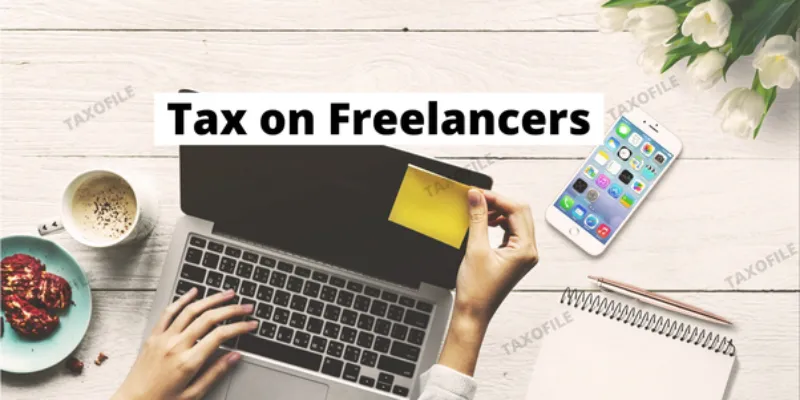
Tax Obligations if you are a freelancer, sole trader, and
contractor
The first step of registering for GST is fairly easy, but filing GST can be confusing. If the
process seems intimidating, don’t worry you can always ask IRD to explain anything that is
confusing. Their contact details are available on the official website. Secondly, you can benefit from accounting software that calculates income tax and GST and how to compile and submit GST on time. Thirdly, you can always seek advice from an accountant regarding tax obligations and how to pay the GST.
If you’re self-employed or you’re a freelancer, then you may need to pay provisional tax. You
can pay your tax either as a lump sum or in several instalments. As a GST-registered entity, you may need to file provisional tax along with GST on the same date. A combined payment
instalment can be made.

